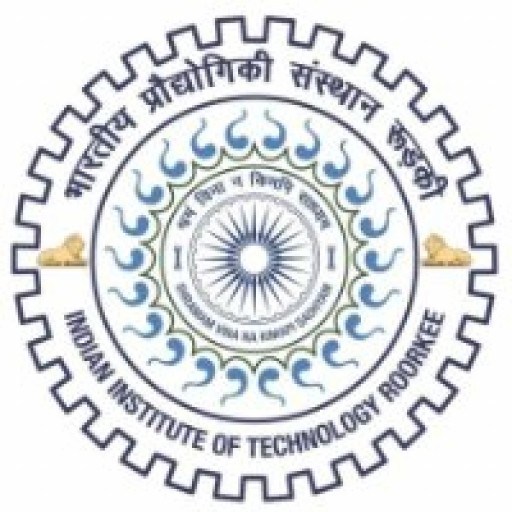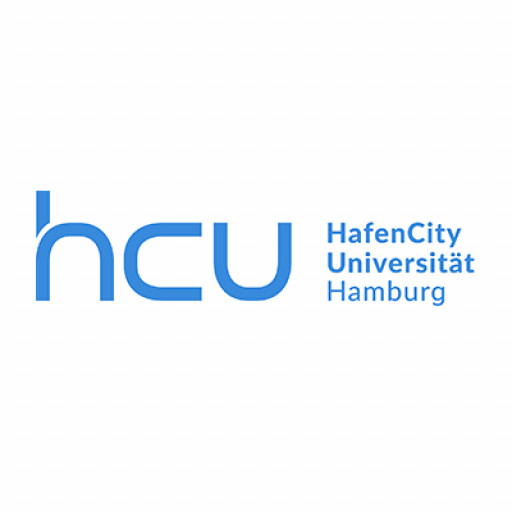Photos of university
program_description: The Master of Technology (M.Tech) in Alternate Hydro Energy Systems at the Indian Institute of Technology is an advanced postgraduate program designed to equip students with comprehensive knowledge and practical skills in the field of renewable energy, focusing specifically on alternative hydro energy technologies. This program aims to cultivate engineers and researchers capable of developing sustainable and efficient hydro energy solutions to meet the growing global demand for clean energy resources. The curriculum combines core coursework, laboratory work, and research projects to provide students with a strong foundation in the principles of fluid mechanics, hydrology, and energy systems, along with specialized subjects related to hydro power generation, water resource management, and renewable energy policy. Students have access to state-of-the-art laboratories and research facilities that enable hands-on experience in the design, analysis, and optimization of hydro energy systems. The program also emphasizes interdisciplinary learning, encouraging collaboration with experts from environmental science, civil engineering, and policy domains to foster holistic approaches to energy solutions. Graduates of this program are prepared for careers in academia, research institutions, and the renewable energy industry, where they can contribute to the development of innovative hydro power projects and policies. The program aligns with national and international energy goals of promoting sustainable development and reducing carbon emissions by harnessing the potential of alternative water-based energy sources. Through a rigorous academic structure complemented by industrial exposure and research opportunities, students are well-positioned to address the challenges of water resource management and renewable energy deployment in the context of climate change and environmental conservation. Overall, this program represents a vital step in cultivating skilled professionals dedicated to advancing the frontier of hydro energy technology and ensuring a sustainable energy future for society.
Program Overview:
The Master of Technology (M.Tech.) in Alternate Hydro Energy Systems at the Indian Institute of Technology is a comprehensive postgraduate program designed to equip students with advanced knowledge and technical expertise in the field of renewable energy, specifically focusing on alternate hydro energy sources. This multidisciplinary program integrates principles of engineering, environmental science, and sustainable development to prepare graduates for innovative roles in the rapidly evolving renewable energy sector.
Curriculum Focus:
The curriculum encompasses a wide range of subjects including hydropower technology, water resource management, environmental impact assessment, fluid mechanics, and energy systems analysis. Students are exposed to both theoretical frameworks and practical applications through laboratory sessions, field visits, and project work. Special emphasis is placed on the development of sustainable energy solutions utilizing water-based resources, including small hydro, micro-hydro, and innovative hydrokinetic technologies.
Research and Development:
Students have opportunities to engage in cutting-edge research projects under the guidance of experienced faculty members. Research areas cover novel turbine design, energy harvesting from flowing water, ecological considerations in hydro energy development, and integration of hydro energy systems with other renewable sources. The program encourages innovation and entrepreneurship, fostering skills necessary for designing and implementing sustainable hydro energy solutions in diverse environments.
Laboratory and Facilities:
The program provides access to state-of-the-art laboratories equipped with simulation tools, hydraulic modeling facilities, and experimental setups for hydro energy research. Students benefit from the institute’s extensive infrastructure that supports hands-on learning and experimentation, preparing them to tackle real-world challenges in hydro energy development and management.
Professional Opportunities:
Graduates of this program are well-positioned to pursue careers in hydroelectric project planning and implementation, water resource management, environmental consultancy, and policy-making in renewable energy. They may find employment with government agencies, private sector companies, research organizations, and international development agencies focused on sustainable energy solutions.
Overall, the M.Tech. in Alternate Hydro Energy Systems aims to produce skilled professionals who can contribute to the advancement of renewable energy technologies, promote sustainable development, and address the global challenges related to energy security and environmental conservation.
Students admitted to the graduate programs of study at IIT Roorkee go through a process of selection prior to their admissions. The process of selection is administered at the national (All India) level or at the Institute depending on the program of study.
GATE (Graduate Aptitude Test in Engineering), The Graduate Aptitude Test in Engineering is an All - India Examination conducted by the seven IITs and IISc Bangalore, on behalf of the National Coordinating Board - GATE, Department of Education, Ministry of Human Resources Development (MHRD), Government of India.
JAM (Joint Admission Test to M.Sc) for admission to M.Sc programmes at the IITs. From year 2005 admissions to MCA programme at IIT Roorkee are also made through JAM which were previously through AIMCET.
The Institute offers merit-cum-means scholarship to 25% of undergraduate students. Several other scholarships are announced from time to time. Bank loans are also easily available whenever required. Financial help is provided as Institute free studentship and scholarships to undergraduate students belonging to the scheduled castes and scheduled tribes.
Students admitted to the 2-year M.Sc. degree in sciences are also awarded merit-cum-means scholarships. A number of scholarships, teaching / research assistantship schemes provide financial support to students of M.Tech. and Ph.D. programmes. Sponsored (full-time as well as part-time), self-financing foreign students and M.B.A. students are , however, not eligible for benefits of this scheme. Students are encouraged to earn while they learn.
Prizes and certificates are given to students on the basis of their performance in curricular, co-curricular and extra curricular activities.
The Alternate Hydro Energy Systems (AHES) program at the Indian Institute of Technology is a specialized academic and research initiative focused on the development and promotion of sustainable energy solutions, particularly harnessing hydro energy. This program is designed to address the growing global need for renewable energy sources by conducting advanced research in small and micro-hydropower systems, sustainable water management, and innovative turbine technologies. The curriculum combines theoretical foundations with practical applications, enabling students and researchers to develop expertise in designing, implementing, and managing hydro energy projects that are environmentally friendly and economically viable.
The program offers multidisciplinary coursework covering fluid mechanics, renewable energy systems, hydrology, environmental impact assessment, and energy policy. Students have access to state-of-the-art laboratories and research facilities dedicated to water resource management, turbine design, and renewable energy storage solutions. The faculty comprises leading experts in the field of hydro energy, providing mentorship and guidance for cutting-edge research projects. Collaboration with industry partners and government agencies enhances the practical relevance of the program, providing students with opportunities for internships, fieldwork, and real-world project implementation.
Research topics under the AHES program often include small hydropower plant design, optimization of turbine efficiency, eco-friendly water diversion methods, and integration of hydro systems with other renewable energy sources such as solar and wind. The program aims to contribute to India's energy independence and promote sustainable development in remote and rural regions where hydro energy can be a pivotal resource. Graduates of the program are equipped to work in academia, government agencies, non-governmental organizations, and private industry, contributing to policy formulation, engineering solutions, and sustainable water and energy management practices. Overall, the AHES program at IIT embodies a commitment to advancing renewable energy technology through education, research, and innovation, supporting global efforts to combat climate change and ensure energy security for future generations.









